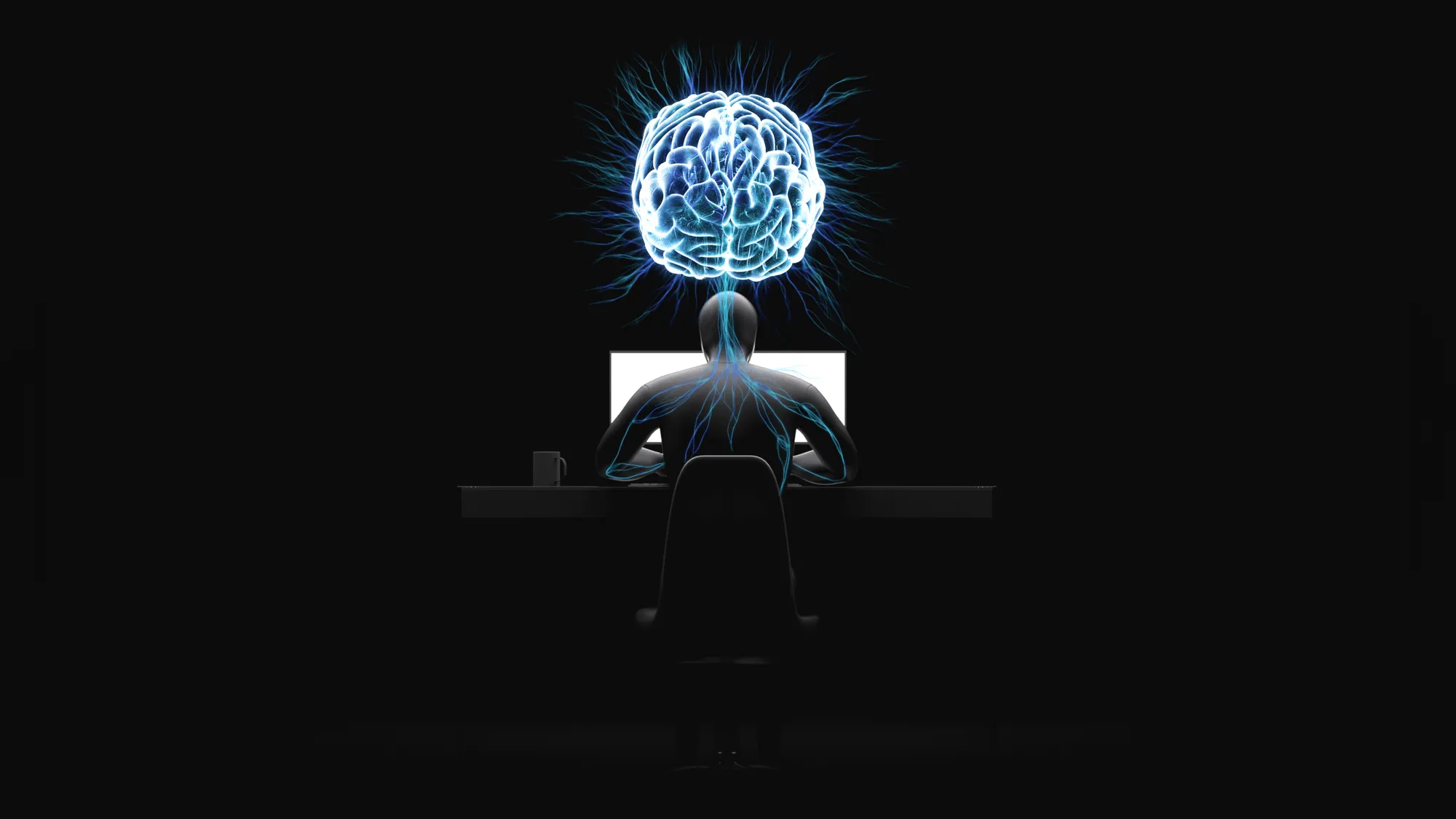
Today, let's talk about the opposite of flow: Procrastination.
And how you can leverage flow to avoid it.
Let's start with the basics:
"Everyone procrastinates," observes DePaul University psychologist Joseph Ferrari.
However, "not everyone is a procrastinator."
Still, a large and growing proportion of the population can lay claim to this problem.
In a 1978 survey, 5 percent of the population defined themselves as procrastinators. Ferrari recently completed two large studies of the behavior. "We found that between 20 and 25 percent of the population are procrastinators."
Psychologists define procrastination as a gap between intention and action.
Chronic procrastinators feel bad about their decisions to delay—which helps distinguish procrastination from laziness.
Laziness involves a lack of desire; with procrastination, the desire to start that project is there, but it consistently loses out to our appetite for the delay. And this is no ordinary delay.
Procrastination is considered a needless, often irrational delay of some important task in favor of a less important, but seemingly more rewarding, task.
And that accompanying negative feeling—the gnawing guilt, the building anxiety—is one way we know we're not doing what we're supposed to do.
Researchers now believe that procrastination reflects the triumph of impulsivity over the lure of future rewards.
We're terrible at processing time.
Because our brains were built largely when survival hinged on mastering immediate conditions, we engage in temporal discounting—that is, we misjudge the importance of a task when it lies even a short distance in the future, so we see distant rewards as smaller than they really are.
And our impulsivity never had it so good: Modern life furnishes an abundance of endlessly reinforcing demands for our attention, such as the streams of tweets you subscribe to.
However much procrastination reflects a mismatch between our stone-age brains and the highly sophisticated environments those same brains have created, it reaches deep into our being.
"It is always about choice," observes Canadian psychologist Timothy Pychyl. And that makes procrastination quintessentially an existential problem.
"We're given a certain amount of time and we have to use it," he says.
"It's the acts of omission that lead to our biggest regrets in life. Where do we choose to invest ourselves?"
Procrastination, he contends, bumps right up against our commitment "to who it is we are trying to be in life."
Even indecision and inaction are really decisions and actions, Pychyl notes.
"Your indecision, your inaction, becomes your choice, your act—perhaps your whole life."
Unless, of course, you take deliberate steps to counteract your worst tendencies.
Despite the plethora of modern distractions, procrastination has been a problem for about as long as humans have been keeping track of such things.
Both the Bible and the Bhagavad Gita mention its dangers. Shakespeare made it Hamlet's folly.
Four million years ago, when our hominid brains first emerged, there were not 500 channels beckoning us.
The time suck known as Facebook had yet to exert its pull. But since then, our external world has lapped our internal processing capacity.
The result is an array of impulse control issues.
Procrastination, many psychologists believe, is a correlate of overeating, overspending, gambling addiction, and pornography addiction.
We're increasingly short on the ability to resist temptation.
As with many problems that arise from the fundamental human condition, procrastination has not been easy to fix.
For nearly 40 years, psychologists have tried to identify the core foible.
Some think perfectionism is the problem; others find anxiety at its heart.
There are those who suspect teenage rebellion against overbearing parents and those who see it as a self-handicapping predicament resulting from a fear of failure.
Since plenty of procrastinators claim to do their best work under pressure, thrill-seeking has been fingered as well.
Most researchers favor one idea over another, but so much competing data has left little room for agreement on theories.
Given the fragmented state of the literature, I’m going to give you a tip based on a hypothesis of my own—that as humans we’re evolutionarily wired for Flow and are always seeking the state.
Procrastination seems to occur right up until it just can’t anymore.
The deadline has finally come too close, the essay is due the next morning or your boss is haggling with you for a report.
The other place it often shows up is when a task is just unbearably tricky—when something feels like an insurmountable obstacle.
That seems to be the pattern.
We procrastinate right up until we no longer can on certain tasks and we delay other tasks because of their gargantuan nature.
I’m speculating that these tendencies are both due to the challenge skills balance (one of Flow’s most potent triggers).
The challenge skills balance states that the sweet spot for Flow is right between boredom and anxiety where the challenge of the task we’re doing just outstrips our skill level.
We often stop procrastinating when face to face with a deadline.
Especially with boring or mundane tasks.
Eventually, the stakes become too high and we just have to get it done.
This need to crank it out super fast raises the challenge level thus driving us into Flow.
So next time you spot this pattern with a boring or mundane task (where the challenge level is too low), create an artificial deadline for your task and force yourself to bang it out in time for that.
This way you’ll get the same increase in the challenge without the danger of coming up against a real deadline and it should slate your procrastination.
Counter to this, when a task is too daunting we procrastinate it because the challenge is too high. It spikes anxiety.
So when you’re faced with this do the opposite of creating an artificial deadline—block out a big chunk of time to tackle the task.
Ideally, more time than you need.
This way anxiety will wane, and the challenge level will drop to meet the upper end of your skills landing you in a much more ripe position for Flow.
So that’s it, folks, if a task is too dull, erect artificial deadlines.
If it’s too tough, block out more time than you need.
It’ll recalibrate your challenge skills balance, prime you for Flow, and as a result, weaken your procrastination.









